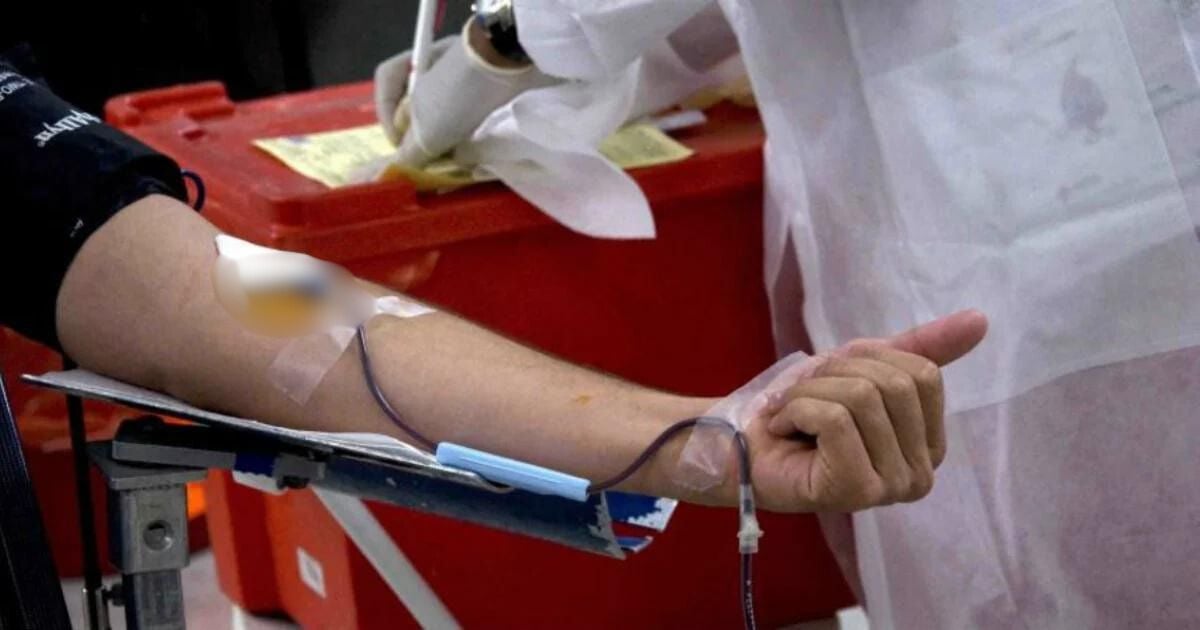
The economic crisis in Cuba and its impact on sensitive health issues have led to a new development: an activist reported on Monday that some people are selling blood donations through social media.
Bricella Hernández, known for her dedication to charitable causes, reported in the Facebook group "Blood Donations in Cuba" that a person named Mirelys Masoucos Godínez offered O- blood in exchange for 6,000 pesos.
In his complaint, Hernández emphasized that the Facebook group is made up of selfless individuals united by the desire to help, not for those looking to profit by selling blood.
The activist shared a screenshot of the conversation, in which it can be seen that the person offering to donate blood was even willing to do so immediately.
Days earlier, Hernández had also shared in the same Facebook group an announcement requesting a blood donor for a woman who was going to undergo surgery for a tumor in her bladder at the Hermanos Ameijeiras Hospital.
That was the way through which he contacted the person who later offered him the donation in exchange for 6,000 pesos.
In Cuba, the sale of "blood donations" reflects the desperation of a population that, amidst the economic crisis, resorts to any means to survive. However, this is not the first time.
Recently, Francis Picañol shared a post in the Facebook group "Blood Donor of Cuba," warning that people were selling this vital fluid.
"I need a blood donation of type O- for an elderly person awaiting hip surgery. I can donate some, but I'm feeling a bit uneasy because I was asked for 3000 pesos for a bag of blood," the person reported, adding, "It would be better to change the name of the group to 'sale of blood'."
At the same time, Picañol questioned, "Where has humanity gone?" as he shared a screenshot of someone charging 100 American dollars for a blood donation.
In this post, the person named Mirelys Masoucos Godínez presented her arguments on why blood donors charge for this "service."
"Have you wondered if the donor has any issues? Do you know how a donor should be nourished?" he pointed out.
They also mentioned that "donors are no longer given a diet; we have to cover all the costs ourselves."
Additionally, he reported that inflation is impacting donors: “How much does a fish, a chicken, or a bag of milk cost, etc.? It’s true there are those who take advantage, like in that case of 100 dollars, but they need to consider both sides of the equation; otherwise, how can a donor contribute if they are lacking resources, if they are anemic?”
Meanwhile, the regime has acknowledged that the increasing wave of migration surrounding Cuba is one of the main reasons cited by the government for the shortage of blood and its derivatives in the island's healthcare system.
The "calls" for voluntary donations use the celebration of Fidel Castro's birthday as a motivating factor.
Filed under: